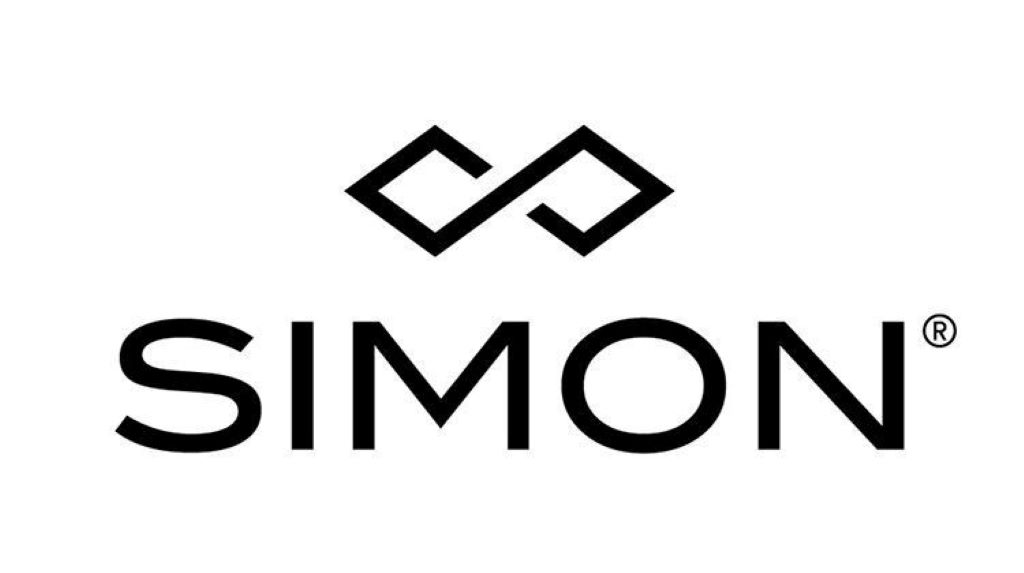Imagine peeling back the sticker on your McDonald’s fries, heart racing as you hope for that elusive Boardwalk piece in the Monopoly game. For millions, this was the thrill of the ’90s and early 2000s—a clever promotional campaign that turned fast food into a high-stakes adventure. But behind the excitement lurked a massive fraud that rocked the marketing world. At the center? Simon Marketing, the company responsible for orchestrating these blockbuster promotions. Fast-forward to today, and the burning question remains: Is Simon Marketing still in business? In this in-depth exploration, we’ll trace the company’s rise, its dramatic fall amid one of the biggest corporate scandals in history, and its status as of 2025. Whether you’re a nostalgia buff, a business enthusiast, or just curious about promotional marketing mishaps, stick around—we’re diving deep into the facts, lessons, and what it means for the industry today.
The Rise of Simon Marketing: From Humble Beginnings to Promotional Giant
To understand if Simon Marketing is still operating, we first need to rewind to its origins. Founded in the 1970s as part of the broader promotional landscape, Simon Marketing specialized in creating engaging consumer loyalty programs, sweepstakes, and branded games. By the 1990s, it had become a key player in the promotional marketing sector, handling high-profile campaigns for major brands.
In 1997, Simon Marketing was acquired by Cyrk, a Massachusetts-based company that started as a custom apparel firm in 1976. This merger catapulted Simon into the big leagues. Cyrk, already a powerhouse with clients like Pepsi and Marlboro, saw Simon as a way to expand its reach in consumer promotions. Post-acquisition, Simon Marketing managed iconic campaigns, most notably McDonald’s Monopoly game, which debuted in 1987 but hit its stride under Simon’s oversight. The game wasn’t just fun; it was a marketing masterstroke, boosting McDonald’s sales by encouraging repeat visits and creating buzz around “winning” prizes ranging from free fries to cash jackpots.
At its peak in 1999, Cyrk (with Simon as its core entity) reported nearly $1 billion in sales, with McDonald’s alone contributing over 60% of revenue. The company employed thousands globally, innovating in areas like branded merchandise and interactive promotions. Promotional marketing, as an industry, was booming—think scratch-off cards, collectibles, and tie-ins that blurred the line between advertising and entertainment. Simon excelled by ensuring security and fairness in these games, or so everyone thought. Their expertise in logistics, printing secure game pieces, and distributing them worldwide made them indispensable to Fortune 500 companies.
But success in the promotional industry hinges on trust. Brands rely on agencies like Simon to protect their reputation while driving engagement. Little did anyone know, a single employee’s actions would unravel it all, leading to questions about corporate oversight in marketing campaigns.
The McDonald’s Monopoly Scandal: A Game-Changing Fraud
No discussion of Simon Marketing is complete without dissecting the infamous McDonald’s Monopoly scandal, often dubbed “McMillions” after the HBO documentary that brought it to light. The scheme unfolded between 1989 and 2001, masterminded by Jerome P. Jacobson, Simon Marketing’s director of security. Jacobson, a former cop, was tasked with safeguarding the high-value winning game pieces. Instead, he stole them, distributing them to accomplices who “won” millions in prizes.
The fraud involved a web of family members, friends, and even alleged mob connections. Jacobson would remove top prizes like $1 million cash or luxury cars from secure shipments, then sell or give them to associates who claimed the wins. Over a decade, the scam netted over $24 million, with Jacobson pocketing a cut. McDonald’s, unaware, continued promoting the game as fair and exciting.
The house of cards collapsed in 2001 when an anonymous tip led the FBI to investigate. Operation “Final Answer” uncovered the plot, resulting in over 50 arrests, including Jacobson, who pleaded guilty to mail fraud and conspiracy. He served three years in prison and paid hefty restitution. The scandal made headlines worldwide, tarnishing McDonald’s image temporarily and exposing vulnerabilities in promotional sweepstakes.
For Simon Marketing, the fallout was catastrophic. Although only Jacobson was directly implicated from the company, the breach eroded client trust. McDonald’s, their largest client, immediately terminated all contracts, severing ties that dated back decades. Philip Morris, another major account, followed suit. With over 70% of revenue vanishing overnight, Simon’s parent company, now renamed Simon Worldwide, saw its stock plummet 78% in days.

Aftermath and Liquidation: The End of an Era
In the scandal’s wake, lawsuits flew. McDonald’s sued Simon Marketing for breach of contract, seeking damages for the tainted promotions. Ironically, a court ruled in Simon’s favor on some counts, ordering McDonald’s to pay $16.6 million in unpaid fees. But the victory was pyrrhic. The damage to reputation was irreversible, and without key clients, the company couldn’t sustain operations.
By May 2002, Simon Worldwide announced it would liquidate its assets and cease operations. The promotional arm, including Simon Marketing, was shuttered. Cyrk’s other divisions were sold off earlier— the corporate promotions group fetched $14 million in 2001. What remained of Cyrk struggled through the 2000s, facing financial woes amid the 2008 recession. By 2009, its assets were auctioned off, marking the final nail in the coffin.
Simon Worldwide lingered as a shell on over-the-counter markets (ticker SWWI) into the late 2000s, but it was no longer an active business entity. As of 2025, there’s no evidence of revival. Bloomberg’s company profile exists, but it shows no recent activity or updates, confirming dormancy. The original Simon Marketing, synonymous with the Monopoly debacle, is definitively out of business.
But Wait—Are There Other “Simon Marketing” Companies Today?
Here’s where it gets confusing: The name “Simon Marketing” isn’t unique. A search in 2025 reveals several unrelated entities using similar branding. For instance, Simon Marketing Agency in Florence, South Carolina, operates as a full-service marketing firm, helping local businesses with digital promotions and branding. Their Facebook page boasts over 2,000 likes, and Yelp reviews are current as of July 2025, indicating active operations. Similarly, a Los Angeles-based Simon Marketing appears on Yelp, focusing on general marketing services.
Then there’s The Simon Group in North Andover, Massachusetts, which specializes in B2B marketing for tech and healthcare sectors. And Simon Mainwaring’s We First consultancy emphasizes purpose-driven branding. These are distinct from the original, with no ties to the scandal. If your query refers to one of these, yes—they’re very much in business, adapting to modern trends like digital personalization and social media campaigns.
Additionally, larger entities like Simon Property Group (a real estate firm managing malls) have marketing divisions, but they’re unrelated. Simon Business School at the University of Rochester offers marketing programs, including an MS in Marketing Analytics for 2025 entry. So, while the scandal-plagued Simon Marketing is gone, the name lives on in various forms.
Lessons from Simon Marketing’s Demise: What It Means for Promotional Marketing Today
The Simon saga offers timeless lessons for the marketing industry. First, security in promotions is paramount. Today’s companies use blockchain and AI to ensure transparency in sweepstakes, minimizing fraud risks. The scandal highlighted the dangers of over-reliance on one client—diversification is key for agency survival.
It also underscored the importance of ethical oversight. In an era of data-driven marketing, where personalization reaches 1:1 levels, trust is currency. Brands now vet partners rigorously, incorporating clauses for audits and compliance.
For aspiring marketers, the story is a cautionary tale: Innovation must pair with integrity. The promotional landscape has evolved—think influencer collaborations, AR experiences, and loyalty apps. Companies like Prizeout or HelloWorld (now part of Merkle) fill the void left by Simon, offering secure, engaging campaigns without the drama.
Conclusion: Reflecting on a Marketing Milestone
So, is Simon Marketing still in business in 2025? The original entity behind the McDonald’s Monopoly magic—and mayhem—no longer exists, having liquidated over two decades ago amid scandal and financial ruin. Yet, its legacy endures in the cautionary tales of corporate fraud and the evolution of promotional strategies. If you’re searching for a modern “Simon Marketing,” several active firms bear the name, thriving in today’s digital age.
Related Topics:
Specialist Sound Systems for Churches and Other Places of Worship






+ There are no comments
Add yours